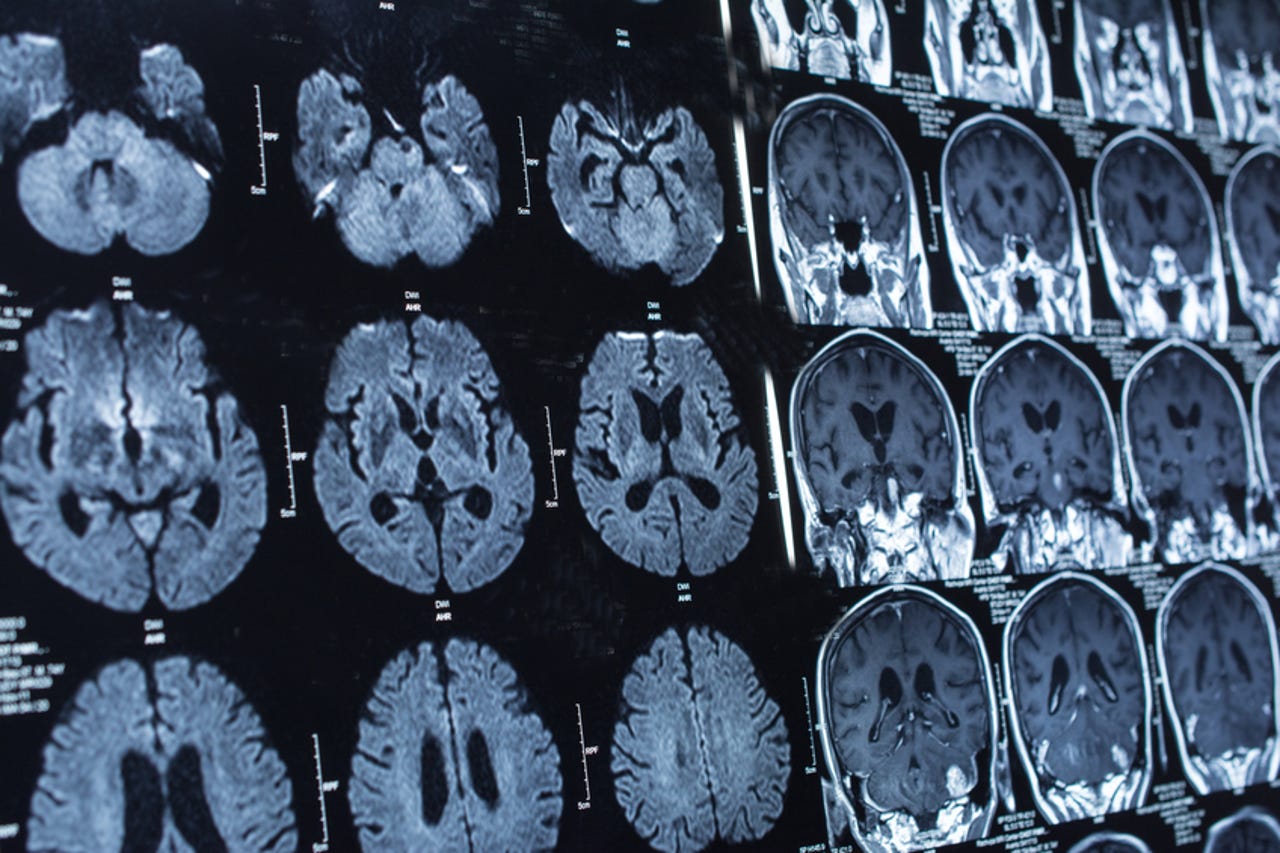Google DeepMind AI to help doctors treat head and neck cancers


Google's DeepMind is aiming to help cut the time spent identifying key areas to treat, and avoid, in radiotherapy.
Google's DeepMind is partnering with the UK's NHS to explore how machine learning could help doctors treat head and neck cancers.
DeepMind, the Google subsidiary that beat a human contestant in the notoriously complex game of Go and is helping cut Google's datacenter costs, will be conducting cancer treatment research at the Radiotherapy Department at University College London Hospitals (UCLH) NHS Foundation Trust.
As the AI-research unit notes in a blog post, radiotherapy involving sensitive parts of the body, such as the mouth and sinuses, requires careful planning prior to treatment to avoid damaging key nerves and organs.
DeepMind and UCLH will explore whether machine learning techniques can help reduce these planning times before radiotherapy treatment is started.
Clinicians use a process called 'segmentation' to identify areas of the body that should be targeted, or avoided, during radiotherapy. However, this becomes difficult in the head and neck areas, as tumors can be extremely close to vital organs.
"For these cancers, segmentation can take around four hours. And even though UCLH's specialist team at its dedicated head and neck cancer centre is a national leader in this process, there is still potential for innovation. We think machine learning could make a difference," DeepMind said.
DeepMind will be analyzing anonymized scans of up to 700 former UCLH patients to assess whether machine learning can speed up planning. According to UCLH, all the patients have provided consent for their data to be used in the study.
DeepMind hopes that a radiotherapy segmentation algorithm it will develop can slash the current four-hour planning window to just one hour, freeing up clinicians to do other important tasks.
"Developing machine learning which can automatically differentiate between cancerous and healthy tissue on radiotherapy scans will assist clinicians in planning radiotherapy treatment," said Dr Yen-Ching Chang, clinical lead for radiotherapy at UCLH.
"This has the potential to free up clinicians to spend even more time on patient care, education and research, all of which would be to the benefit of our patients and the populations we serve," she added.
The results of the collaboration could benefit 11,000 patients who seek treatment for head and neck cancers in the UK each year.
According to Professor Kathy Pritchard-Jones, chief medical officer of London Cancer, head and neck cancers are relatively rare, but since they are some of the most complex cancers to treat, any lessons from the AI research could be transferred to other types of cancer.
"This would not only benefit UCLH patients, but patients across the country," said Pritchard-Jones.